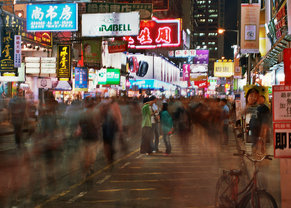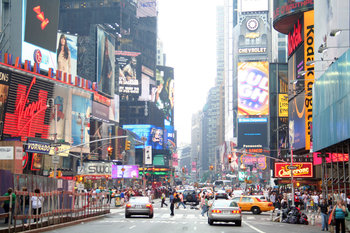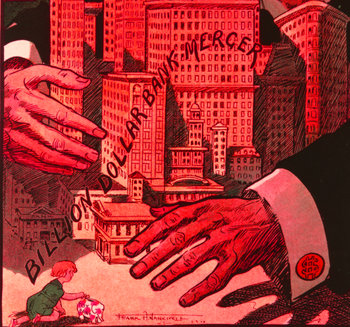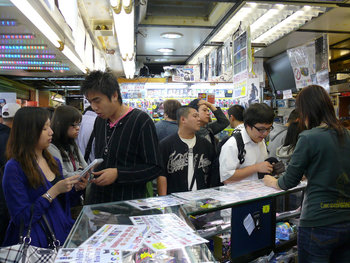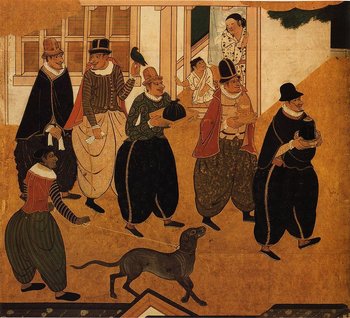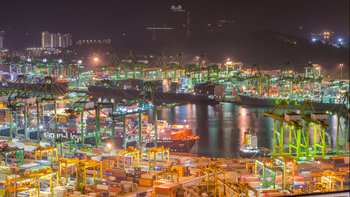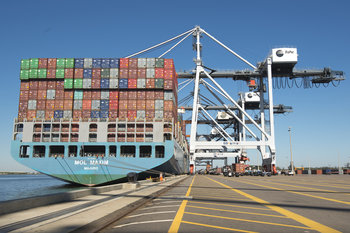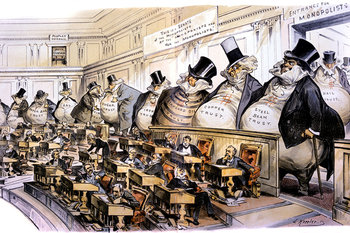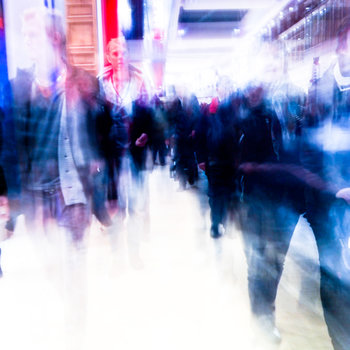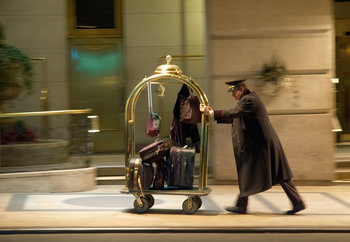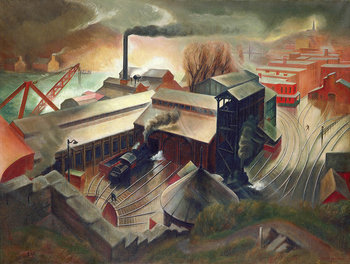Communism
In a communist society, the state is the only entity that owns capital such that a bureaucratic elite control all production. This results in a universal lack of alternatives such that customers have no power over suppliers.Monopoly
A single supplier that completely dominates the market for a product or service. For example, a nation with a single airline such that there is only one carrier on many routes. Left unregulated, this allows the monopoly to charge high prices, demand unfair terms and provide poor service.Oligopoly
A market controlled by a few large suppliers such that their is significant temptation for these suppliers to fix prices or engage in other anti-competitive practices. For example, a nation that only has three mobile telecom firms.Last Mile
The last mile is the ability to reach the customer at or near their home or office. This often creates captive customers. For example, a nation may have three telecom companies but only one may offer a wired internet connection in your apartment building or neighborhood. This creates large pools of customers who may be captive to high prices and poor service.Shortages
Shortages can create temporary captive customers. For example, a reseller who aggressively purchases a new technology that quickly sells out such that they are the only supplier for a period of time. This is a type of rent seeking as the supplier adds zero value to the supply chain but dramatically increases prices.Niche Goods
In many cases, a customer is captive because they have needs and preferences that represent a small market with few suppliers. For example, a consumer who will only buy shampoo made from 100% organic olive oil may have few choices such that they may be captive to a single product.Geographical Monopoly
A monopoly in a single location such as the only grocery store in a remote town. In some cases, this is based on customers who are literally captive such as the passengers waiting for flights in an airport. It is common for price fixing to occur in this situation if competition laws aren't enforced.Non-Profit Monopoly
An organization that is ostensibly non-profit may exercise a monopoly and act in a commercially aggressive way. For example, the organizing committee for an international sporting event may effectively have a monopoly over a sport or collection of sports such that they charge high fees and prices and are unresponsive to criticisms from athletes, fans and the communities they impact.| Overview: Captive Market | ||
Type | ||
Definition | A situation where a group of customers must buy from a limited number of suppliers due to a lack of alternatives. | |
Related Concepts | ||

